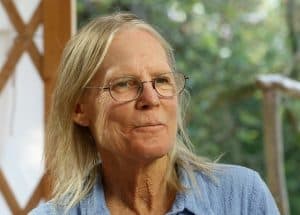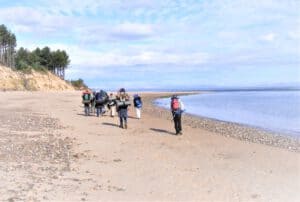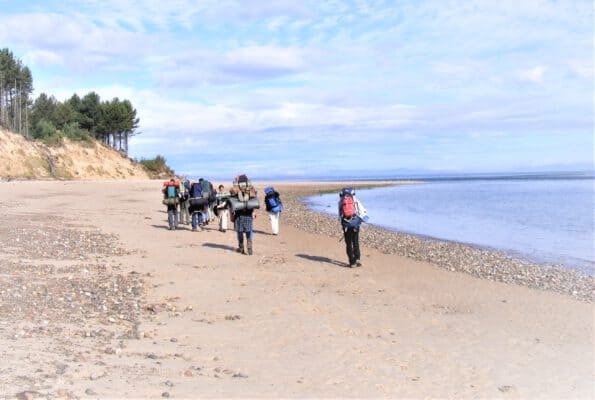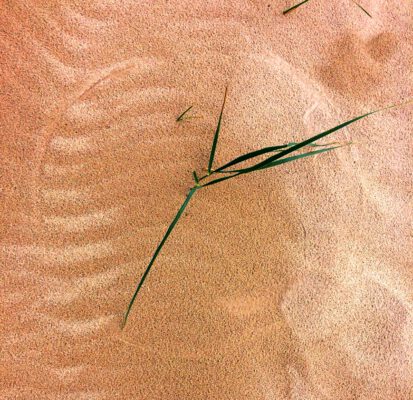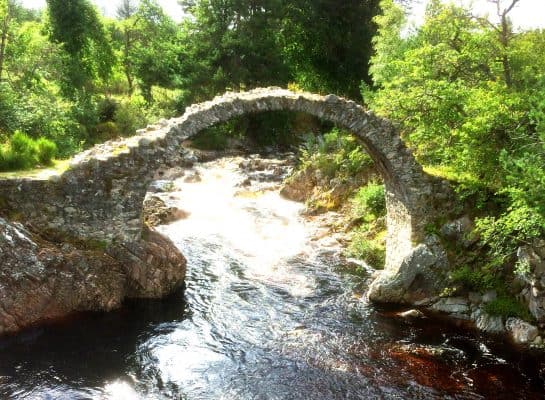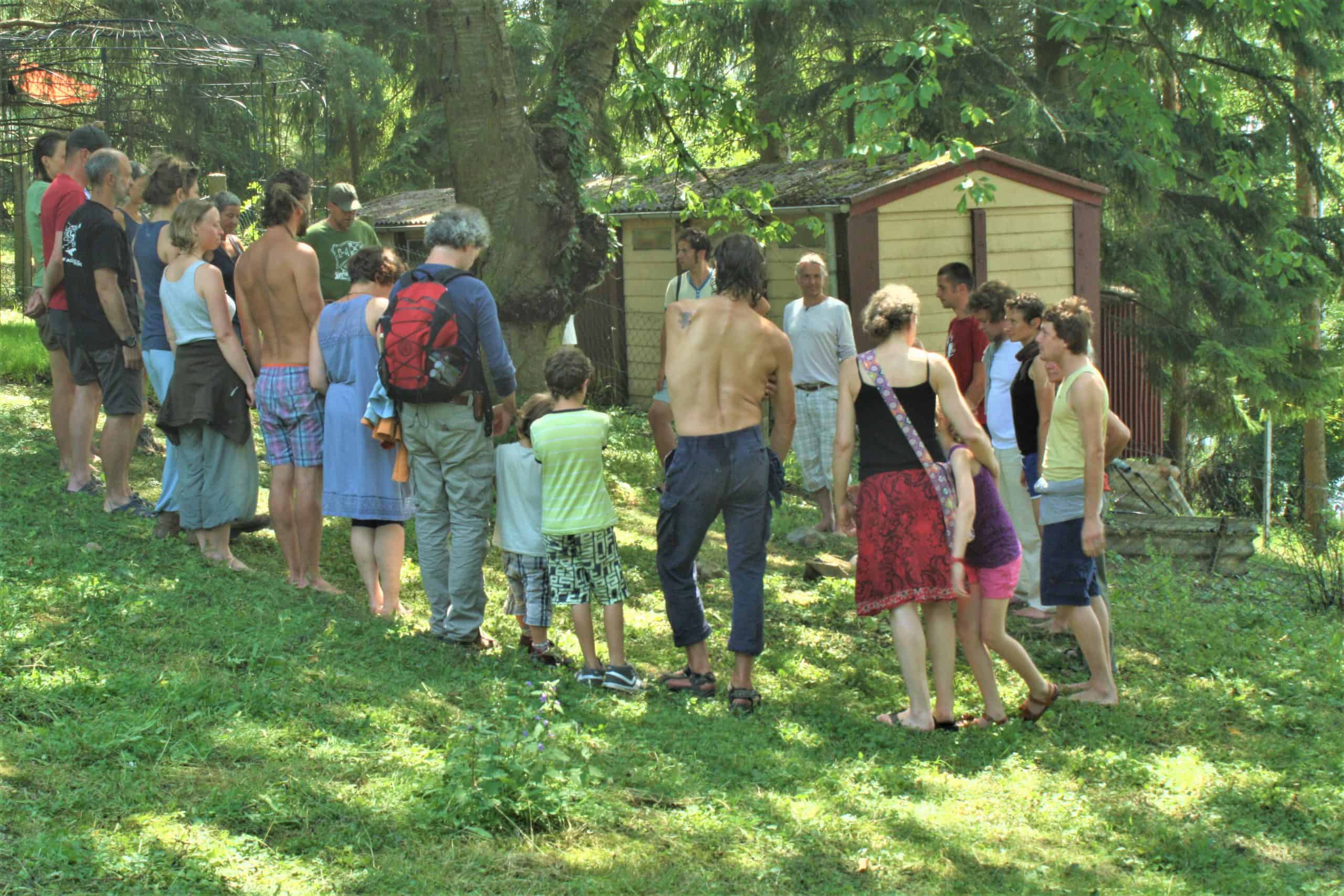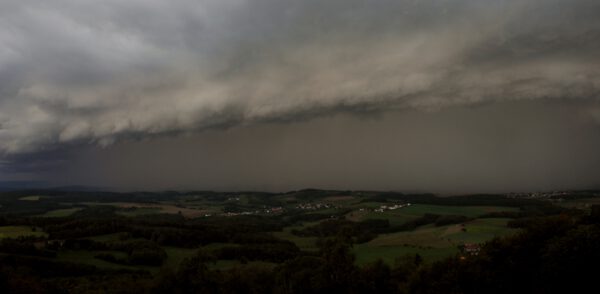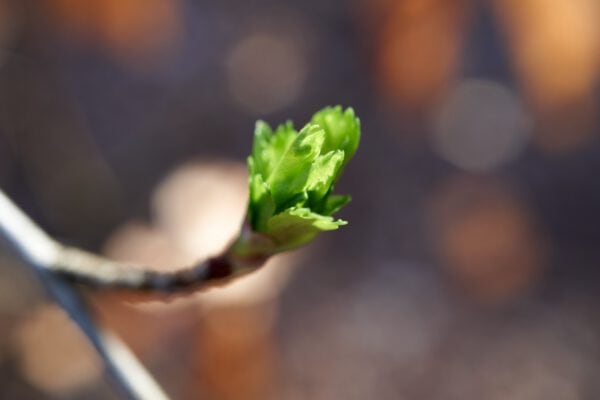Meredith Little – Seminar
Während dieser gemeinsamen Woche werden wir jeden Morgen im Council sitzen, jeden Nachmittag eine zeremonielle Solozeit auf dem Land verbringen und am späten Nachmittag und Abend die Geschichten hören, bezeugen und spiegeln, die aus der Natur zurückgebracht wurden. Kurssprache Englisch. Dark Nature: Matrix of Initiatory Growth Of all the shields of human nature, the dark or fall shield can be at once the most compelling and the most frightening. It calls on us to continually risk everything, to let go of what has come before, to step over the edge, to go where life is lived inwardly in the mansions of feeling, dream, and memory. The dark shield is the threshold of initiation, where what is unimportant falls away, where we change or we become victims of our ways. The time we spend in the dark shield determines our behavior, our character, our destiny, and is largely responsible for our ability to love and those we choose to love. Throughout life we are being initiated by our natural life cycles, as well as those times of crisis, loss and trauma. These times set us on the path once again of the “hero’s journey” toward further growth and maturation … unless we become caught in the Underworld. The tools of our west shield are essential for successfully navigating these times. During this week we will experientially move around the 4 directions of our west shield, exploring those aspects of our nature necessary to move successfully through these life changes, bringing balance and health back into our own lives, as well as our families and the communities we live in. Meredith Little und ihr Mann, Steven Foster, haben 1977 Rites of Passage, Inc. und 1981 The School of Lost Borders gegründet. In diesen Zentren leisteten sie die Pionierarbeit für Verfahren und Wirkungsweisen von pankulturellen Übergangsriten in der Wildnis und von Naturtherapie. Die Essenz ihrer Arbeit ist in vielen Veröffentlichungen, einem preisgekrönten Dokumentarfilm sowie in der von ihnen verfassten Standartliteratur festgehalten (Literaturliste auf Wunsch). Seit Stevens Tod im Jahr 2003 gibt Meredith auf den verschiedenen thematischen Ebenen, vermehrt ihre Erfahrungen zur Arbeit mit Tod und Sterben, mit dem Schatten und mit Vergebung weiter. Dieses, für alle offene Seminar, ist zugleich Wahlpflicht-Fachthemenseminar im Rahmen der Ausbildung in Initiatischer Prozessbegleitung und kann als solches auch nachträglich angerechnet werden.THE PRACTICE OF LIVING AND DYING
